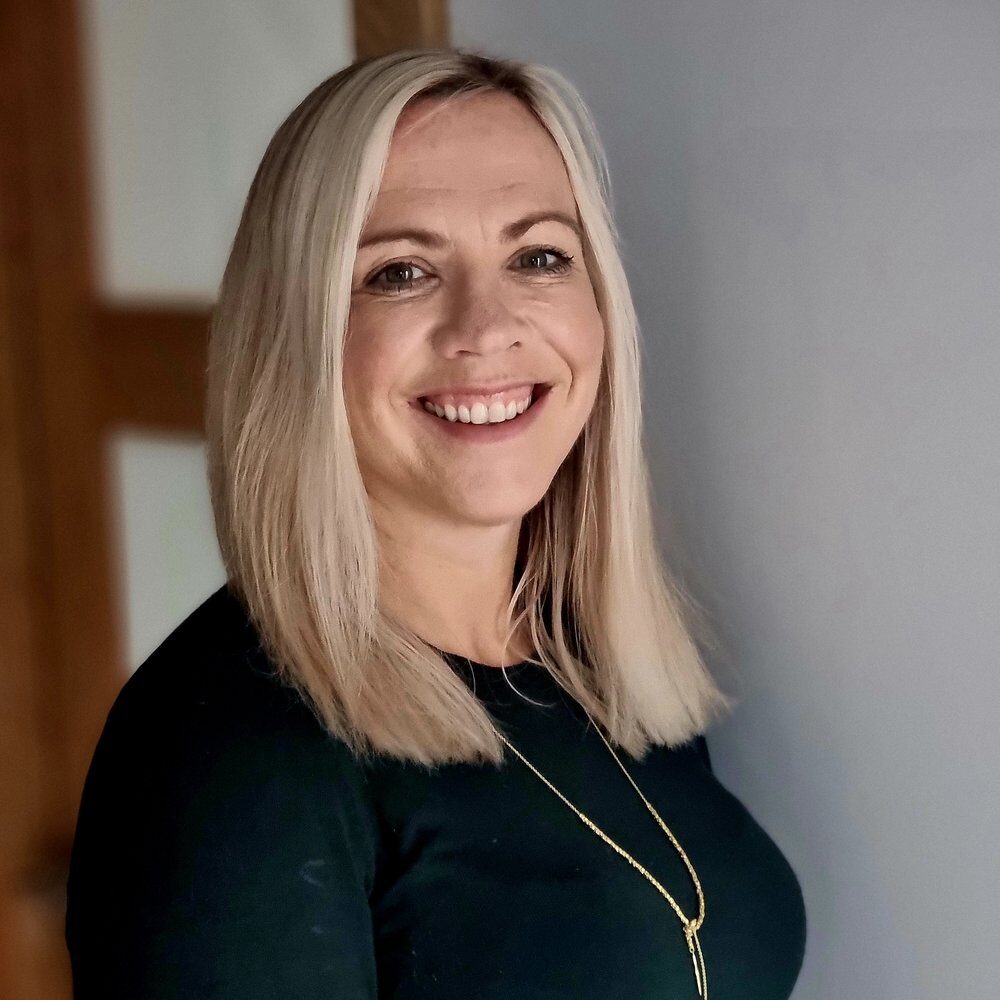If you are reading this because you’re considering a career in technology, you should know that there is a place for you in our field. For those trying to recruit and retain more young women into technology roles, I have some perspectives and tactics to share from a career that started before diversity was widely valued.
As a young girl, I was always interested in maths and solving problems. Generally, the subjects I enjoyed in school were always the ones that were more traditionally targeted at boys. I found I had to justify to teachers why I wanted to study physics or mechanical drawing as I was a girl and “girls do Home Economics and Biology”.
When I graduated from college with a degree in computer applications, there were only 15 women in my class of 200. Being in a minority group has continued throughout my career. As a woman in technology, I know it’s important that we have targeted programs in place to ensure that we can not only attract but retain a diverse workforce. I feel a responsibility to the women who follow me to do all I can to encourage women to work in technology.
WHY IS IMPORTANT TO HAVE MORE WOMEN IN THE WORKPLACE?
Eighty percent of household healthcare decisions are made by women. Regardless of their marital status or whether they have children, more than 80% of women are the primary healthcare decision makers for their family, and frequently they make or inform decisions for other people as well.
My experience with Optum has been that, if we can get more women to join our team and bring a female viewpoint into a room where we are solving customer or member concerns, chances are those women will have experienced those problems and will have ideas on how we can improve that experience.
Additionally, our capacity to create, collaborate more successfully, make better decisions, and enhance team performance is unlocked by having a diversity of thinking and backgrounds.
SO HOW DO WE GET MORE WOMEN INTO THE WORKPLACE?
One success story at Optum that I hope other companies follow is encouraging more women into tech is through our Women Reboot Program. This program helps women with tech skills and experience to return to work after a career break.
During the first 4-5 weeks of the program, the participants take part in an intensive training module, focusing on Critical Thinking, Learning Mindset, Cloud and Database essentials, Confidence and Resilience Building, and some one-to-one coaching sessions. This is followed by a 12-week work placement. In 2022, we had a dedicated cohort of 20 women join us for 12 weeks.
During the 12 weeks, the women were placed in scrum teams, assigned buddies, attended training sessions, and delivered value back to the business. The overall goal of the program is to encourage the participants to take up full-time roles here. I am delighted to say that all of the 2022 cohort are now full-time employees at our company. We continue to support the participants to ensure they fulfil their career potential.
WHAT ELSE CAN WE DO?
The women’s returner program is one way Optum is getting more women into the workforce, but it’s just the beginning. Another aspect of this conversation is how we support women moving into leadership positions.
Inside and outside of technology organizations, women face many barriers to being a leader in the workplace, from gender bias to a less developed female leadership network. At Optum, we have developed an Allyship Framework to ensure we are being deliberate in our thinking, actions and learnings. This is important, as I often found in my early career that women were set up to compete against one another, mostly due to the scarcity of top leadership positions.
What we want to promote is allyship among women, celebrating each other’s success, lifting each other up, and learning from each other. As a woman leader, I find it incredibly important to do everything I can to support others on their career journeys by sharing my story, sponsoring, mentoring, and showing that it can be done.
TIPS TO COMBAT IMPOSTER SYNDROME
The Tech industry has been male driven for so long that many women suffer from imposter syndrome, so I will share some tips:
· Failure – Don’t be afraid of it! It’s not only normal to fail, but short-term setbacks also often garner better long-term results.
· Feedback – Ask for it regularly and get comfortable with listening to how you can do things better. We always have areas to Improve, it’s how we grow.
· Build a network – Having a support system in place where you can comfortably ask questions, sound out problems and share your ideas is incredibly important, and remember it should include both women and men.
· Never stop learning – The tech industry is constantly evolving and changing, as is so visible with the rise of generative AI and ChatGPT. Stay curious and understand that what you do now as a developer will not be what you do in 10 years.
· Know your worth – You are in the job because you are qualified to do it. Keep putting your hand up, step out of your comfort zone and ask for that promotion or that additional work.
I can’t close out this piece without saying that, for women to succeed in the workplace, men have a role. We must hold our male colleagues accountable for their part, ensuring they have the tools to be a good ally to women: educating and training them on unconscious bias and ensuring they understand their role in amplifying and validating the voices of the women in their teams.
Since I started my career, we have come such a long way in terms of gender equality, but we still have a long way to go. My hope is that women starting their careers as developers today will not face some of the challenges I did early in my career.
As a company, we are committed to having an inclusive and equitable culture where our diversity fuels our performance. At Optum, every team member is empowered to do their best work. I am proud to work in a company that has these values at its core.
This article was prepared by Fiona Kennedy in a personal capacity. The views, thoughts and opinions expressed by the author of this piece belong to the author and do not purport to represent the views, thoughts and opinions of Optum.
MORE ABOUT THE AUTHOR:
Fiona Kennedy, Senior director of engineering @ Optum

Fiona is a senior director of engineering at Optum, where she leads a global team of engineers delivering solutions for the Optum Health and Enterprise Clinical Technology Business. Before joining Optum, Fiona worked at IBM as a program delivery lead for Watson Health. Prior to this, she worked for various IT companies as a software developer. Fiona has more than 20 years of experience in software engineering and holds a degree in Computer Applications from Dublin City University.
In her professional life, she has two passions – people and technology. She believes that a strong team is vital to the success of any technology organisation: empower engineers, trust them, and they will build solutions that will radically change healthcare administration and monitoring. On a personal level: she enjoys spending time with her husband and two teenage children and keeping fit.








